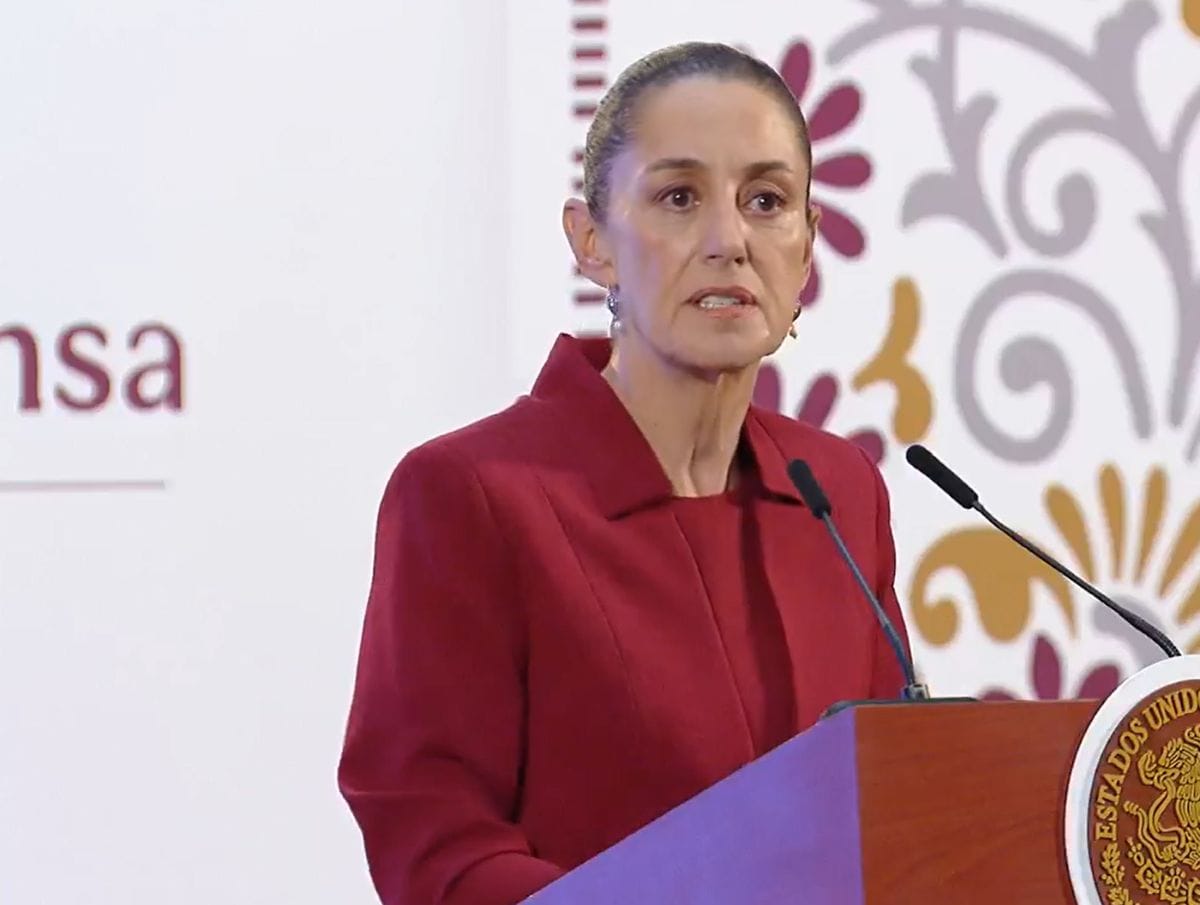Sheinbaum's Government Faces Judicial Reform Hurdles
President Sheinbaum's new administration tackles missing persons, judicial reform, and security. Amid controversy over Supreme Court powers and justices' retirements, the government reports progress in crime-fighting.

In a continued commitment to the sensitive issue of missing persons, Mexican President Claudia Sheinbaum Pardo announced Tuesday that her administration will prioritize a robust follow-up to the national census on missing or lost individuals. Speaking during the People’s Morning Conference, Sheinbaum emphasized that the National Search Commission will be reinforced, allowing her government to build upon the framework established by the previous administration. The President’s commitment marks a consistent, transparent approach to a pressing national issue, aiming to address the complex challenges surrounding the rights of families searching for missing loved ones.
Simultaneously, Sheinbaum addressed questions regarding judicial reform, a matter that has stirred considerable debate in recent weeks. Responding to inquiries, she clarified that political parties lack the legal standing to challenge the reform through amparos (legal protective measures). The President stressed her deference to the judiciary's decision, remarking on the anticipated ruling from Supreme Court Justice Luis González Alcántara Carrancá, whose proposal on the matter has ignited controversy. The proposal under scrutiny challenges the essence of recent judicial reforms, particularly concerning the direct election of judges and magistrates—a cornerstone element that Sheinbaum contends is integral to her administration’s commitment to judicial transparency and accountability.




